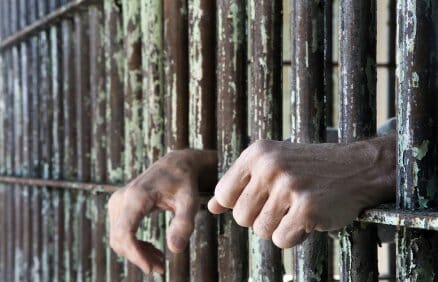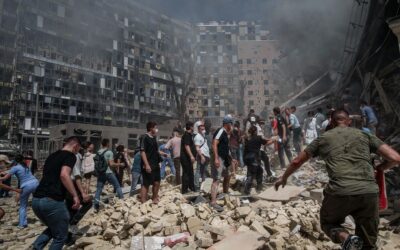 “Since 1994 I have worked in the Pastoral Jail of the Archdiocese of Santiago in Cuba which also includes the city of Guantanamo. Together with other volunteers we see to their needs and those of their relatives, because these people are really the poorest among the poor. In 2007, when I encountered the spirituality of unity, it was if a ray of light penetrated me, and more than ever enlightened my service in jail and made me understand that in life we have to look for what unites and not what divides us. Sharing this way of life with others helped me a lot. Some said: «How can you deal with murderers and rapists, knowing that most of them do not even take notice of those who try to give them a hand…». This is true. At times it is so, but the spirituality of Chiara Lubich helps me to see in each of them the figure of Jesus crucified and abandoned. We only have to sow that small seed of the Gospel, without expecting anything in return. This conviction gives me strength and support and makes me feel less alone. It prevents me from falling into the temptation of leaving this service, and I can see that in the end, I will always receive more than what I have given. It has been some time now since we started to bring the leaflet of the Word of Life every month to the prisoners and also their families. After some time, to our great surprise, we found that in the special surveillance sector, a small community of prisoners was created, led by a young man. Together they discuss about the contents of the leaflet and during the month they try to put it into practice and make really significant experiences. “In my youth–Y recounted– I committed some crimes for which I am serving a life sentence. I am in the Guantanamo city jail (not far from the ill-famed American high-security jail). I found my faith in God through the members of the Focolare Movement, who for some years now have been visiting me regularly. I also wrote my story, where I talk about my meeting with God and of how it rekindled the hope in unending Life. Every day I try to put the Word of Life of the month into practice.» One day, another prisoner, Y, told us on the phone: «I’m down with fever and have a strong headache. I really needed to talk to you and took the opportunity of a permit to call you. Talking to you is like a balsam for me. » I ensured him that we were praying for him, and that Jesus came to save us, notwithstanding the life we live on earth. He said that he was also convinced of this and added «this is what I pray for daily, and it gives me the strength to go on loving everyone.” (Carmen, Santiago di Cuba)
“Since 1994 I have worked in the Pastoral Jail of the Archdiocese of Santiago in Cuba which also includes the city of Guantanamo. Together with other volunteers we see to their needs and those of their relatives, because these people are really the poorest among the poor. In 2007, when I encountered the spirituality of unity, it was if a ray of light penetrated me, and more than ever enlightened my service in jail and made me understand that in life we have to look for what unites and not what divides us. Sharing this way of life with others helped me a lot. Some said: «How can you deal with murderers and rapists, knowing that most of them do not even take notice of those who try to give them a hand…». This is true. At times it is so, but the spirituality of Chiara Lubich helps me to see in each of them the figure of Jesus crucified and abandoned. We only have to sow that small seed of the Gospel, without expecting anything in return. This conviction gives me strength and support and makes me feel less alone. It prevents me from falling into the temptation of leaving this service, and I can see that in the end, I will always receive more than what I have given. It has been some time now since we started to bring the leaflet of the Word of Life every month to the prisoners and also their families. After some time, to our great surprise, we found that in the special surveillance sector, a small community of prisoners was created, led by a young man. Together they discuss about the contents of the leaflet and during the month they try to put it into practice and make really significant experiences. “In my youth–Y recounted– I committed some crimes for which I am serving a life sentence. I am in the Guantanamo city jail (not far from the ill-famed American high-security jail). I found my faith in God through the members of the Focolare Movement, who for some years now have been visiting me regularly. I also wrote my story, where I talk about my meeting with God and of how it rekindled the hope in unending Life. Every day I try to put the Word of Life of the month into practice.» One day, another prisoner, Y, told us on the phone: «I’m down with fever and have a strong headache. I really needed to talk to you and took the opportunity of a permit to call you. Talking to you is like a balsam for me. » I ensured him that we were praying for him, and that Jesus came to save us, notwithstanding the life we live on earth. He said that he was also convinced of this and added «this is what I pray for daily, and it gives me the strength to go on loving everyone.” (Carmen, Santiago di Cuba)
Discover God’s love throughout the day
Discover God’s love throughout the day




0 Comments